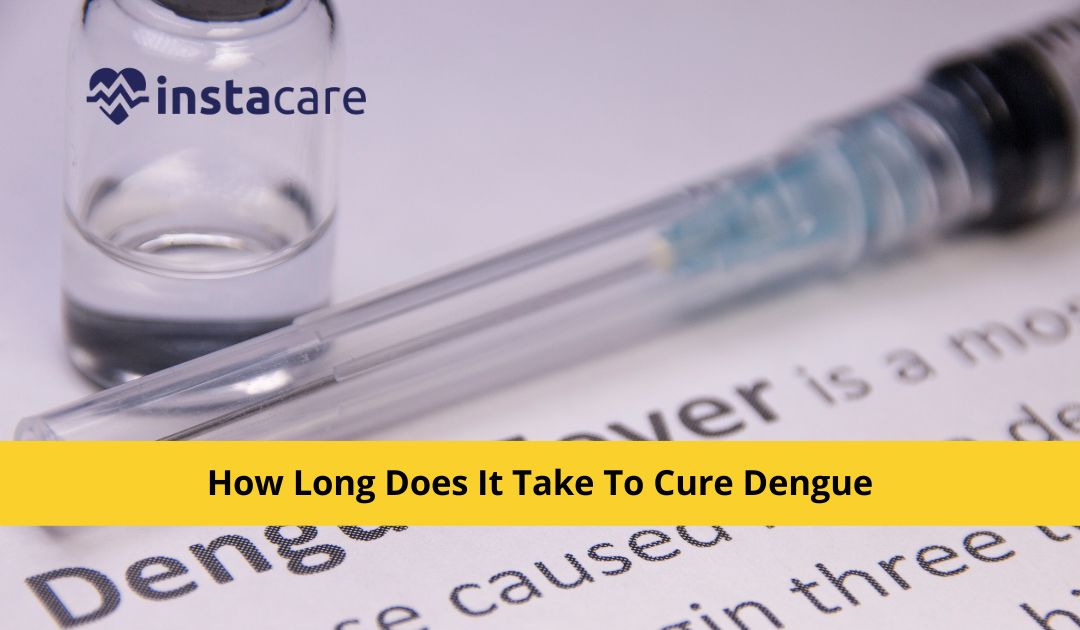Dengue fever, a mosquito-borne viral disease, influences a
great many individuals around the world. This article gives bits of knowledge
into the therapy, length, and recuperation from dengue fever, a condition known
for its weakening side effects, and the significance of early findings and
clinical considerations.
Dengue Fever Overview
Dengue fever is brought about by the dengue infection, which
is sent through the chomp of contaminated Aedes mosquitoes. It is pervasive in
tropical and subtropical districts, making it a critical general well-being worry in many regions of the planet. The sickness can appear in different
structures, going from gentle dengue fever to serious dengue, otherwise called
dengue hemorrhagic fever or dengue shock condition.
Side Effects And Determination
The side effects of dengue fever frequently start with an
unexpected beginning of high fever, serious migraines, joint and muscle
torment, and a trademark rash. In extreme cases, people might encounter death,
low platelet count, and shock. The ideal conclusion is essential to recognize
dengue from different infections with comparable side effects, and it commonly
includes blood tests to identify the infection or antibodies.
Dengue Treatment Fundamentals
Dengue fever is a viral sickness, and there is no particular
antiviral therapy. Thus, the essential focal point of treatment is easing
side effects and supporting the body's invulnerable reaction. It is fundamental
for people with dengue to instantly look for clinical consideration.
Hospitalization For Extreme Cases
Extreme dengue can be dangerous and requires prompt
hospitalization. Patients with extreme dengue might show side effects like
serious stomach torment, relentless retching, quick breathing, and indications
of circulatory disappointment. In the clinic, clinical experts can give serious
consideration, screen imperative signs, and manage important medications.
Span Of Dengue Fever
The span of dengue fever can differ contingent upon a few
elements, including the singular's general well-being, the seriousness of the
contamination, and the nature of clinical consideration. By and large, the
intense period of dengue fever, portrayed by high fever and weakening side
effects, goes on around 2-7 days.
Recuperation From Dengue Fever
Recuperation from dengue fever is a steady cycle that
reaches out past the intense stage. It includes different stages and may
require a long time to months for the person to recover full well-being and
imperativeness.
The Intense Stage
The intense period of dengue fever normally goes on for about
seven days. During this period, the patient might encounter extraordinary
fever, extreme migraines, joint and muscle torment, and significant
shortcomings. Appropriate rest, hydration, and tormenting the board are fundamental
during this stage.
Clinical Observing
In serious cases, clinical experts will intently screen the
patient's condition, particularly when side effects demonstrate expected
movement to dengue hemorrhagic fever or dengue shock disorder. Constant
checking is imperative for convenient mediation and treatment changes.
Medical Clinic Care
Patients with extreme dengue will require hospitalization,
which can go from a couple of days to additional long visits. Medical clinic
care includes different measures like liquid substitution, blood bondings, and
therapies to oversee complexities.
Improving Stage
After the intense stage, most patients enter the improving
stage. During this stage, the fever dies down, and the patient's solidarity
continuously returns. Nonetheless, a few people might in any case encounter
shortcomings, weakness, and persevering joint torment.
Drawn Out Weariness And Shortcomings
One normal grumbling during the improvement stage is drawn-out weariness and shortcomings. It's to be expected for dengue patients to encounter
physical and mental depletion, which might endure for a really long time or
even months.
Mental Effect
Recuperation from dengue fever can likewise have a mental
effect. The experience of an extreme disease, hospitalization, and waiting
shortcomings can prompt sensations of nervousness and gloom. Support from
medical care experts and friends and family is urgent during this stage.
Overseeing Waiting Side Effects
Numerous people recuperating from dengue fever might
encounter waiting side effects, for example, joint agony, muscle throbs, and
skin rashes. These can be dealt with painkillers, rest, and proper clinical
direction.
Progressive Getting Back To Typical Exercises
As strength and energy slowly return, patients can start to
reconnect in their everyday exercises. It's vital to do this step by step to
stay away from overexertion and guarantee full and consistent recuperation.
Conclusion
Dengue fever is a preventable disease, basically by controlling mosquito populaces and staying away from mosquito chomps. Preventive measures are basic to lessen the gamble of getting the infection. All in all, while dengue fever can be a serious and weakening sickness, early conclusion, legitimate clinical consideration, and a comprehensive way to deal with recuperation can essentially further develop results and help in the re-visitation of wellbeing.

